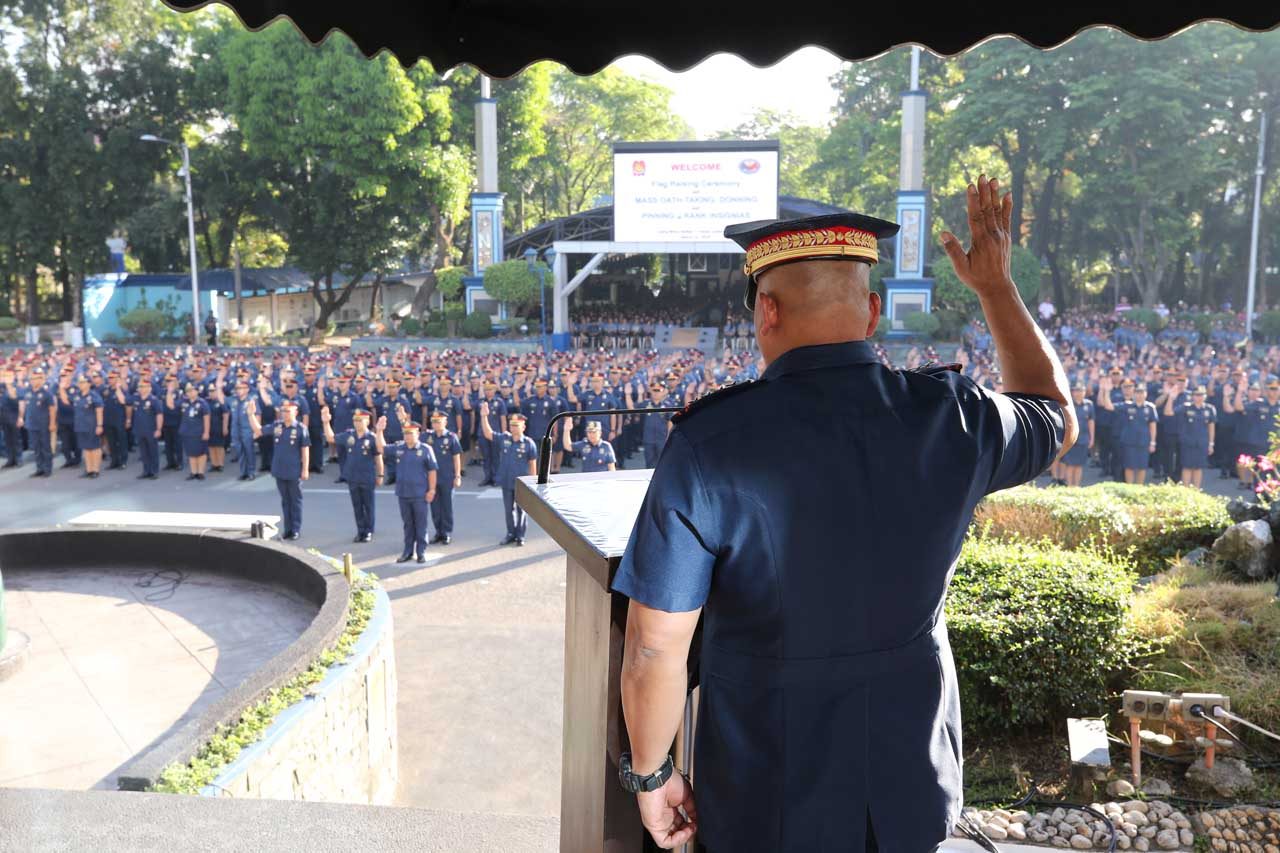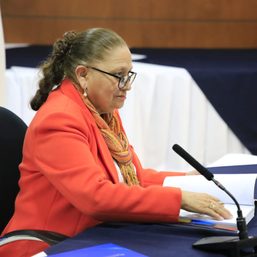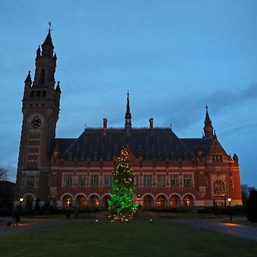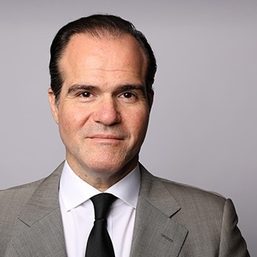SUMMARY
This is AI generated summarization, which may have errors. For context, always refer to the full article.

MANILA, Philippines – Former Senate President Aquilino “Nene” Pimentel II, one of the authors of the law that established the Philippine National Police (PNP), said he was against giving back to the police the power to issue subpoenas.
“I am against police subpoena powers. Better retain judicial power over subpoena,” Pimentel told Rappler in a text message on Tuesday, March 13.
His conviction that the power to give out subpoenas should rest solely on the judiciary, Pimentel said, was the reason they removed this from the police when they crafted Republic Act 6975—the law that instituted the PNP from the Philippine Constabulary and Integrated National Police (PC-INP).
“Giving police subpoena powers reduces power previously lodged with the judiciary,” Pimentel said.
Court judges from local courts up to the Supreme Court normally issue a subpoena to move forward with their trials. Congress issues subpoenas, but only for investigations in aid of legislation. The only other law enforcement agency with summoning authority is the National Bureau of Investigation.
It’s a risk to human rights too, according to Pimentel. Police compelling anyone they believe can contribute to an investigation may violate the “right of people to security from abusive – not all – cops.”
“It opens wide the door for the possibility of its being used to harass the ordinary man on the street,” Pimentel added, echoing the criticism of human rights lawyers.
Despite these observations, Pimentel said it is too soon to brand the law as “unconstitutional.” Pressed to cite his reasons, Pimentel just said, “pag-aaralan ko pa” (I have yet to study it more).
PNP’s promise: No abuse will happen, PNP chief Director General Ronald dela Rosa pledged on Monday, even raising his right hand for emphasis during the press briefing.
Despite the theatrics, however, the top cop refused to craft implementing rules and regulations on issuing the powerful document. (READ: No abuse of PNP subpoena powers? How the police will do it)
According to him, RA 10973 does not require the PNP to issue guidelines. He asked the public to trust them because the power to subpoena only lies with the PNP chief and the top two officials of the PNP’s Criminal Investigation and Detection Group.
Throwback: Before the PNP, the country had the PC-INP, which was established and given subpoena powers by deposed dictator President Ferdinand Marcos.
During the Martial Law period the PC, as law enforcer, arrested and tortured thousands of political activists.
The PC-INP’s power to draft subpoenas was dropped when RA 6975 re-organized the police force into the PNP we know today. – Rappler.com
Add a comment
How does this make you feel?


![[WATCH] Try This: Empanada Salteña from Argentina](https://www.rappler.com/tachyon/2023/04/try-this-empanada-saltena-argentina.jpg?resize=257%2C257&crop=765px%2C0px%2C1037px%2C1037px)


There are no comments yet. Add your comment to start the conversation.